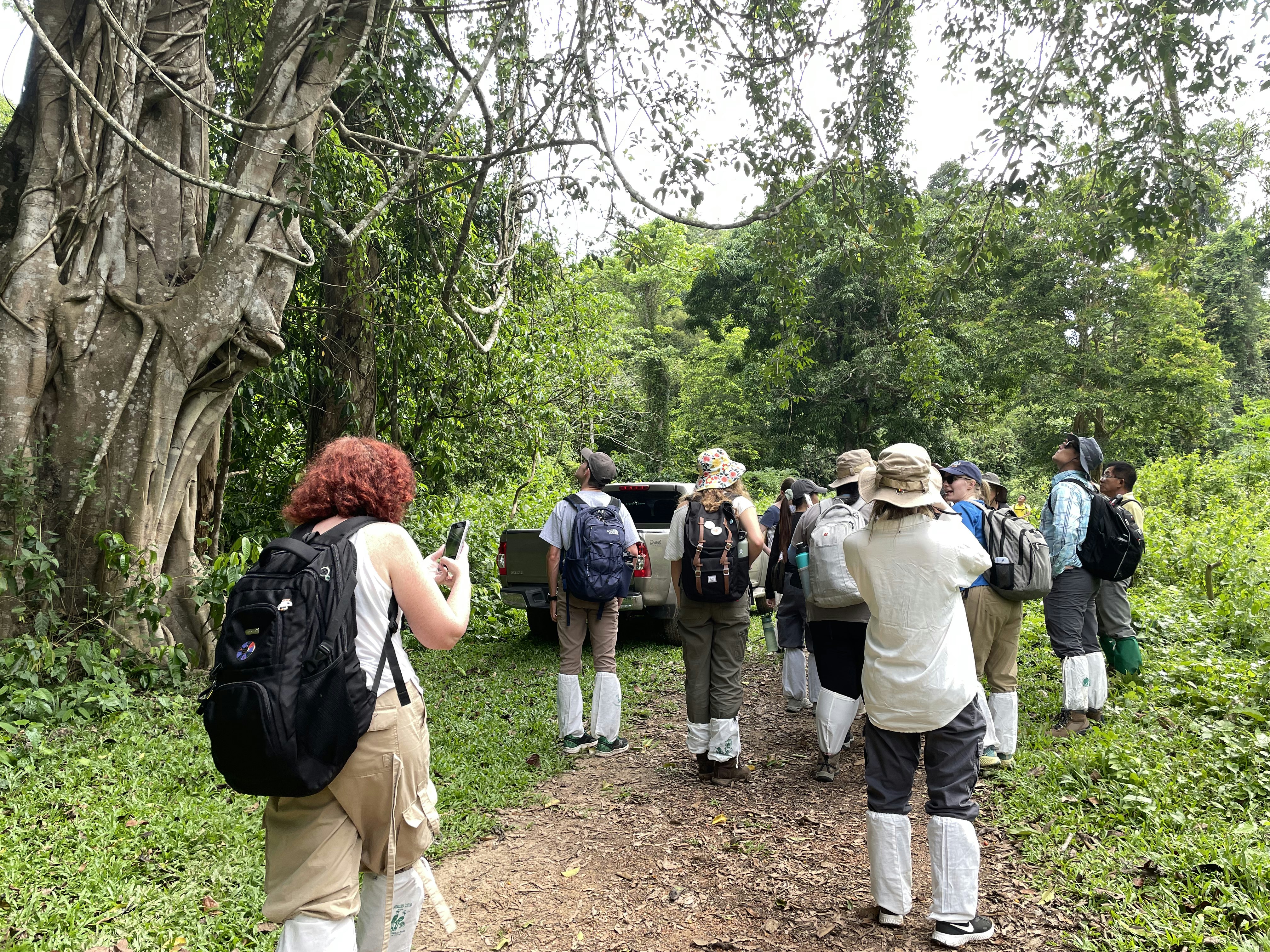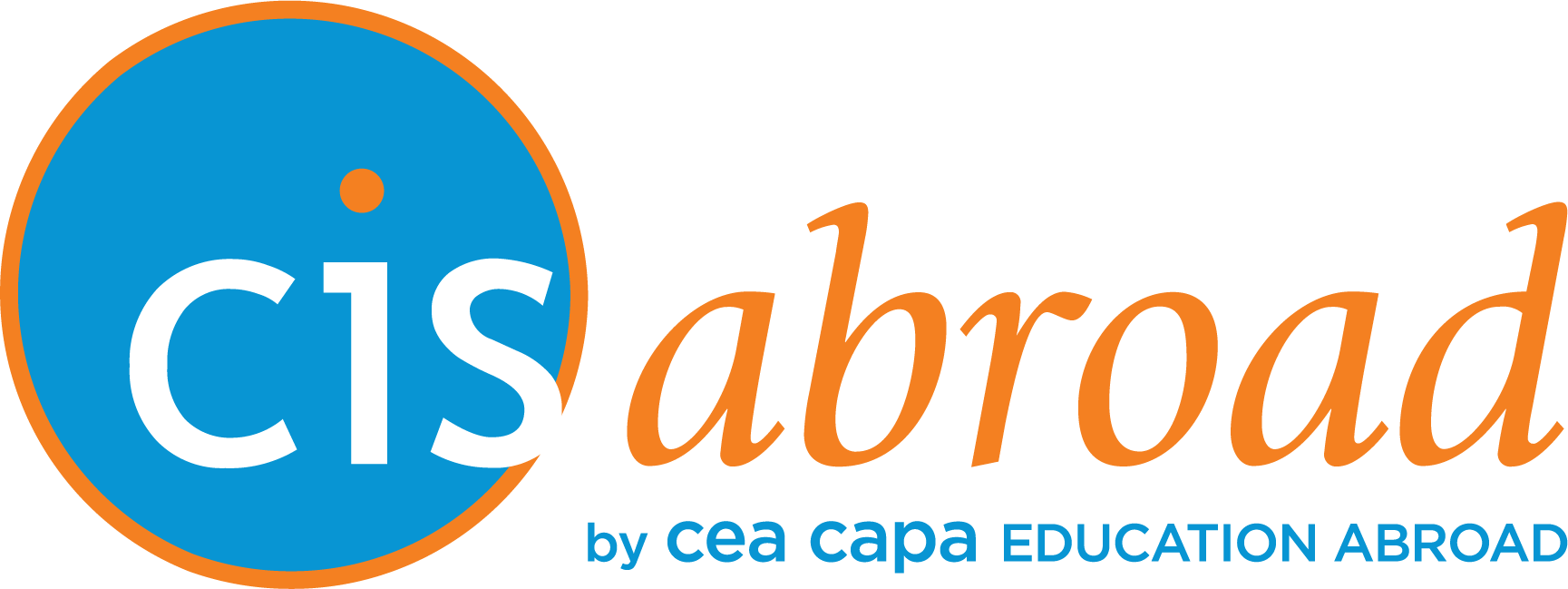Choosing the best study abroad program for you can often depend on your specific needs and interests. Although this article will have a series of steps on how to find the perfect program for you, they aren’t entirely in order! Location may have a bigger impact on you than what course requirements you need. If you have a really specific major, course offerings may be more important to you than location. What we're providing here is a general list of ways you can go about finding the right program for you.
What term works best for your schedule?
In terms of “when to go”, CIS Abroad offers several different term options to suit student needs. Here are some pros and cons to each of the terms available:
Full Semesters (Fall and Spring)
Pros: A semester gives you the ability to immerse yourself deeper into a culture and form more long term connections. A 4-5 month program allows you to get settled in, experience the full spectrum of culture shock, and have more chances to meet local friends. In terms of financial aid, semesters are often more cost effective for several reasons. Since you’re already planning on studying abroad in Fall and Spring semesters anyway, it’s a financial investment you were already making regardless of location. Is your university an affiliate with CIS? Students at our university affiliates also allow you to take your regular university financial aid with you while you’re abroad, making it a very affordable option.
Cons: Depending on your graduation and course requirements, a semester may be too big of a time commitment to make with you other college plans.
Summer/Maymester
Pros: Summer is a great option for students who want a shorter experience than a full semester or have graduation or course requirements that make a full semester difficult to obtain. It can also be a great way for you to introduce yourself to a global experience without it being too overwhelming. Students are taking 1-2 courses while abroad over the summer, giving them plenty of time to explore their location as well. Summer is also a great way for students to get ahead on course requirements while getting an amazing global experience.
Cons: Summers may not be enough time for students who want a longer experience. Some students may need to work or complete an internship over the summer as well. (Note: we have internships!)
January Term
Pros: If you have a long winter break and are looking to get an overseas experience, our January term programs are a great option for students. January programs have a lot of the same benefits as summer, such as getting ahead on course requirements, not being gone too long, and not having to worry about graduation requirements.
Cons: Not all universities have winter breaks that align with the dates of our January programs. Make sure to check the dates and compare them with your winter break to ensure that you would be able to take part in a global experience. January term is also the shortest of all of the experiences, which may not work well for students looking for longer term immersion.
2. Take a look at your financial aid situation.
Understanding your financial aid situation can be a great way to narrow down what program would be best fit for you. As mentioned when deciding on a term, Semester students at any of our affiliate locations can take their financial aid with them. Sometimes this can even be done for Summer or January as well, depending on your university! Talk to your university study abroad advisor to learn more.
Taking your university financial aid with you abroad is a great way to make study abroad more affordable, but there are many more resources to look into. Check out our scholarships and grants page to learn more about financial aid that we offer to students. Talk to your university study abroad advisor for more information about the financial aid options they offer as well.
Our programs can vary in terms of affordability, but we do have a set of programs considered the most affordable options for our students. Take a look at these locations to learn more:
3. What are your course requirements?
Understanding what courses you would be taking abroad is a great way to narrow down your program search. For some students, they're only interested in taking some liberal arts requirements or classes that interest them, but don’t have any pressing course requirements that need to be fulfilled while abroad. This opens up your options more widely to different programs. Other students need to take specific major requirements while abroad that will keep them on track to graduate on time, or will give them a global experience to add to their studies back home.
A great way to get started is by talking to your academic advisor to discuss your long term major and graduation plans. They can help you map out what courses would be best to take abroad, as well as what courses you might need to take abroad in order to stay on track for graduation. The earlier you can talk to your academic advisor and work out a plan together, the easier it will be to find the best option for you.
Not sure which program will fit your requirements? Find the best study abroad program for your program here!
4. What location speaks to you?
Deciding on what location is best for you can often be the most daunting part of deciding to go abroad. With so many options and programs out there, it can often be difficult to know where to start. This approach can vary from student to student. If you’re someone who has strict course requirements or a specific financial aid situation, this can help narrow down some locations that wouldn’t work for your needs. In other cases, students may not have strict requirements or financial limits, opening up many more options for them. Some students may want to focus on a specific region or country for their major, which can make the search process much easier.
This is when it’s best to lay out the factors that affect your decision.
- When can you go?
- What courses do you need to take?
- What is your financial aid situation?
For some students, this may be your first experience abroad, the idea is both exciting and daunting. If you don’t want to push yourself too far out of your comfort zone, choosing an English speaking location like Ireland, England, Scotland, or Australia may be a good way to test the waters without overwhelming yourself.
Maybe you’re someone who loves to push yourself a lot farther and you’re looking for a unique cultural experience that will really challenge you. Our locations in Asia or Latin America may be a great way to do so.
Are you someone that likes the outdoors? Someone who likes living in a big city? Are you interested in learning about local cultural practices or rich history? These are all questions to ask yourself when researching the best study abroad program locations.
In Conclusion
At the end of the day, it can be difficult to make a decision on what study abroad program works best for you without an insider’s perspective. This is why it’s best to start talking to both your university study abroad advisor, as well as your CIS Abroad advisor about possible location options. Both will be great resources in narrowing down your program options and giving you better information on what might best fit your needs.
Are you ready to take the leap? Get in contact with us to get started on your study abroad journey!



